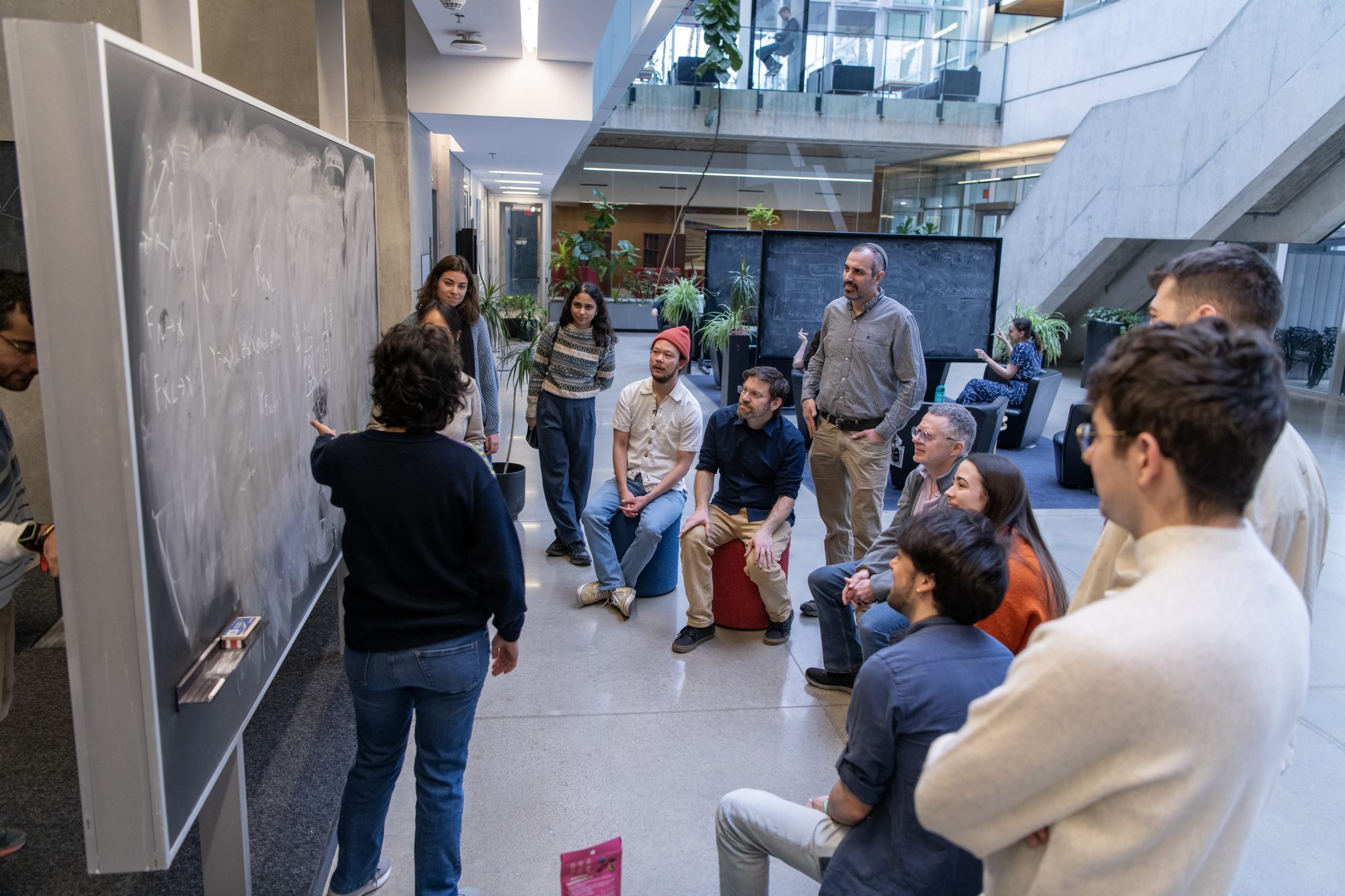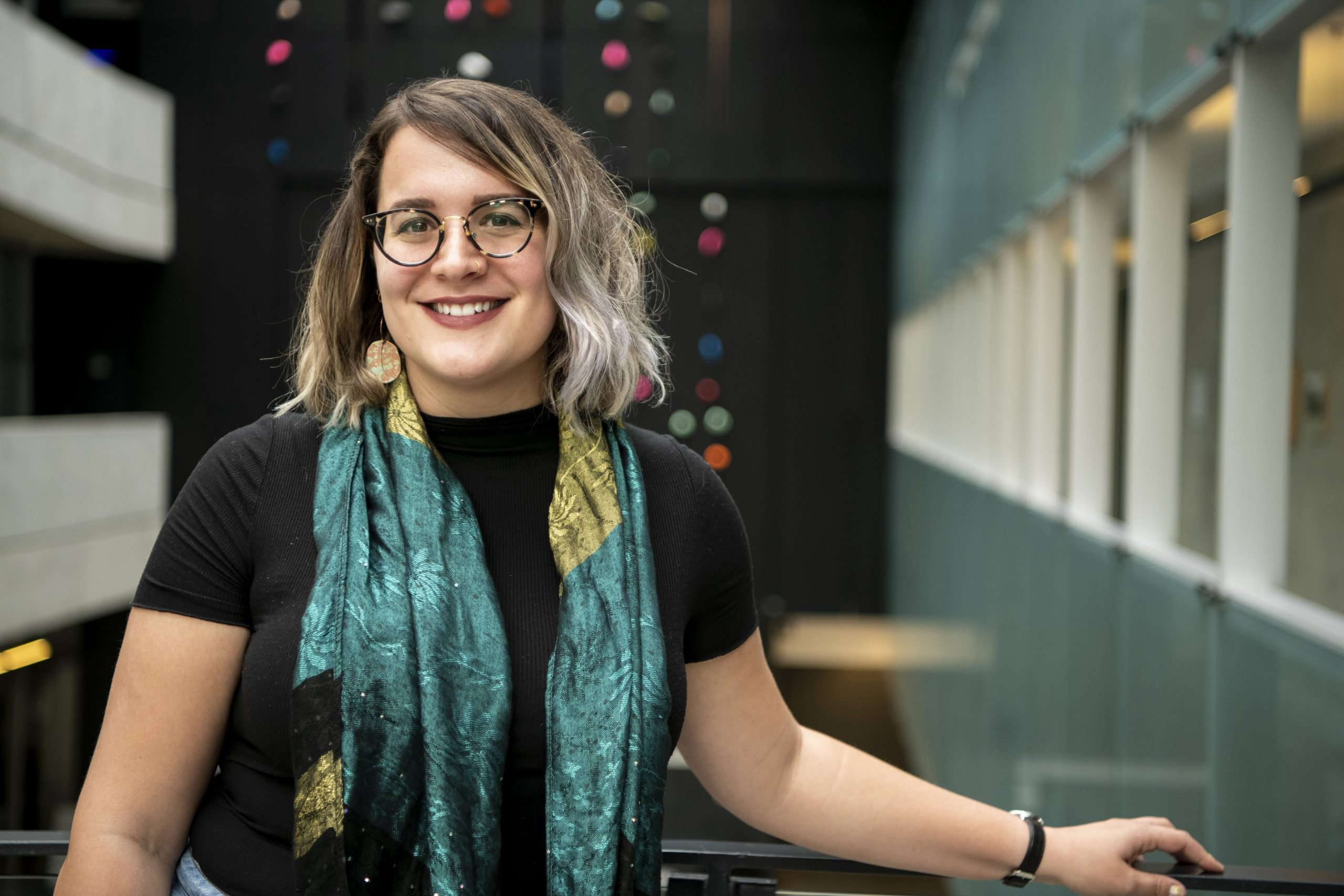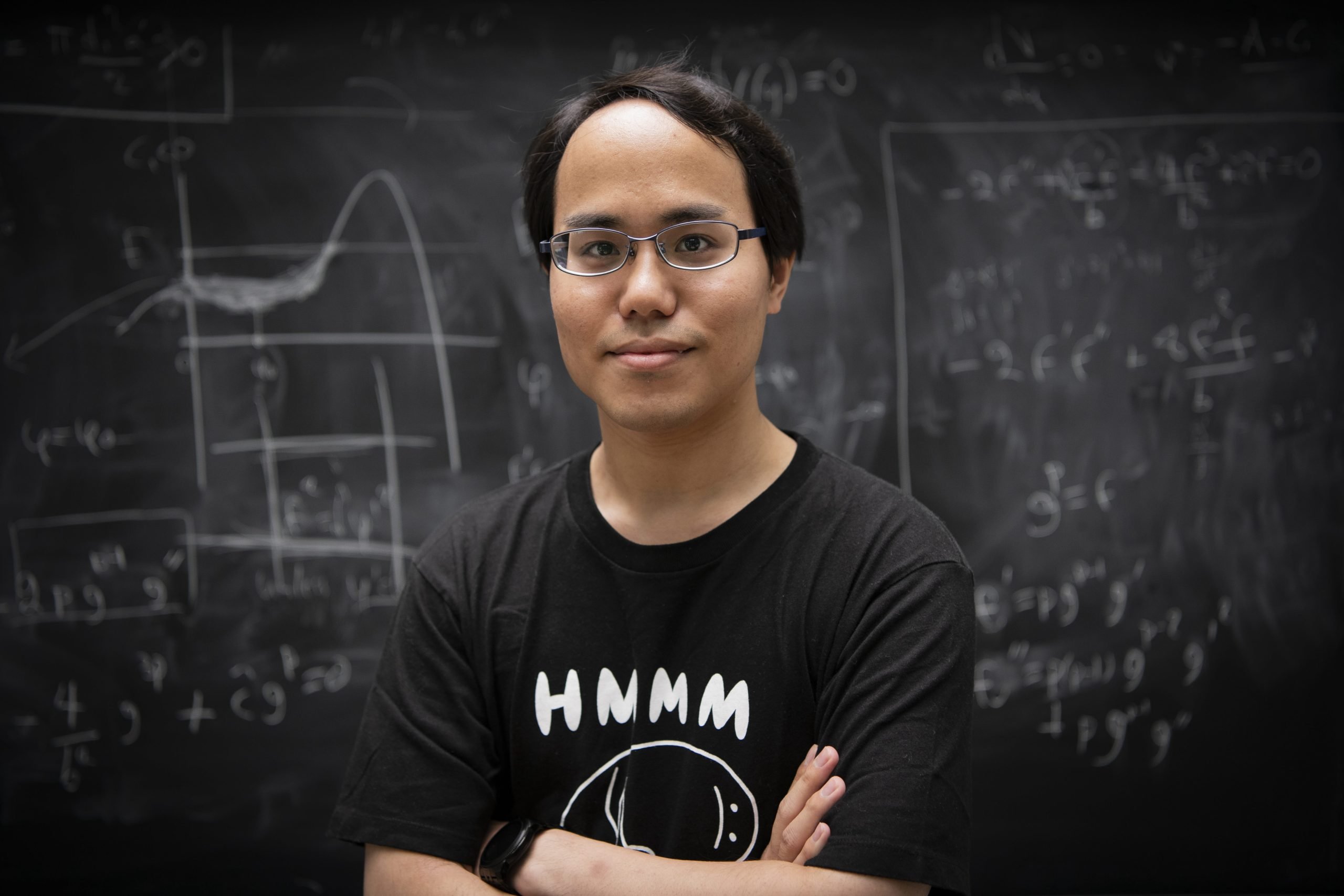Perimeter’s postdoctoral program, one of the largest in theoretical physics, offers early-career researchers a unique opportunity for independent research. Postdoctoral researchers at Perimeter are appointed as independent researchers and encouraged to collaborate broadly and tackle ambitious and challenging problems while embedded within a supportive environment. Perimeter aims to attract highly creative and intellectually adventurous theorists from around the world for three-year positions, as well as prestigious named four-year fellowships, senior five-year fellowships, and jointly appointed fellowships with partner universities and research institutions.
Postdoctoral positions at Perimeter are highly sought after: 1,158 applicants vied for 26 postdoctoral positions in the 2023/24 reporting year.
Perimeter postdoctoral researchers go on to successful careers in industry and prestigious academic positions around the world. Highlights from this year’s outgoing postdocs:
Alessia Platania is now an assistant professor at the Niels Bohr Institute in Copenhagen, Denmark, and the recipient of a Villum Young Investigator Grant.
Meenu Kumari is now a research officer with the National Research Council of Canada in the Cryptography and Quantum Computing team.
Perimeter had a total of 70 postdocs from 26 countries this year; see the full list in the Appendix.

PI People
Postdoctoral Researcher

Can data science help decode 3,200-year-old Ramesside star clocks?
Luna Zagorac’s day job as a postdoctoral researcher at Perimeter concerns the search for dark matter. But she’s also teamed up with two experts in the history of science, Sarah Symons of McMaster University and Petra Schmidlof the University of Erlangen-Nuremberg, to interpret some of the earliest astronomical datasets ever recorded. Ancient timekeeping schematics found painted on the ceilings of Egyptian pharaohs’ tombs, known as the Ramesside star clocks, are missing an instruction manual. Now, these researchers are using computer modelling to unlock the clocks’ secrets.
PI People
Postdoctoral Researcher

Takato Mori wins prestigious Inoue thesis award
Perimeter postdoctoral researcher Takato Mori was awarded the 40th annual Inoue Research Award for Young Scientists. The interdisciplinary award, from the Inoue Foundation for Science in Japan, is granted to scientists under the age of 37 whose doctoral theses represent a significant novel contribution to their field. Mori won for his thesis “Entanglement structure in quantum many-body systems, field theories, and holography,” which he completed at the Graduate University for Advanced Studies, Sokendai, under the supervision of Satoshi Iso. Since arriving at Perimeter Institute in 2023, Mori has continued his work in applying quantum information as a fruitful lens for understanding physics in a variety of areas, including quantum gravity and quantum matter.